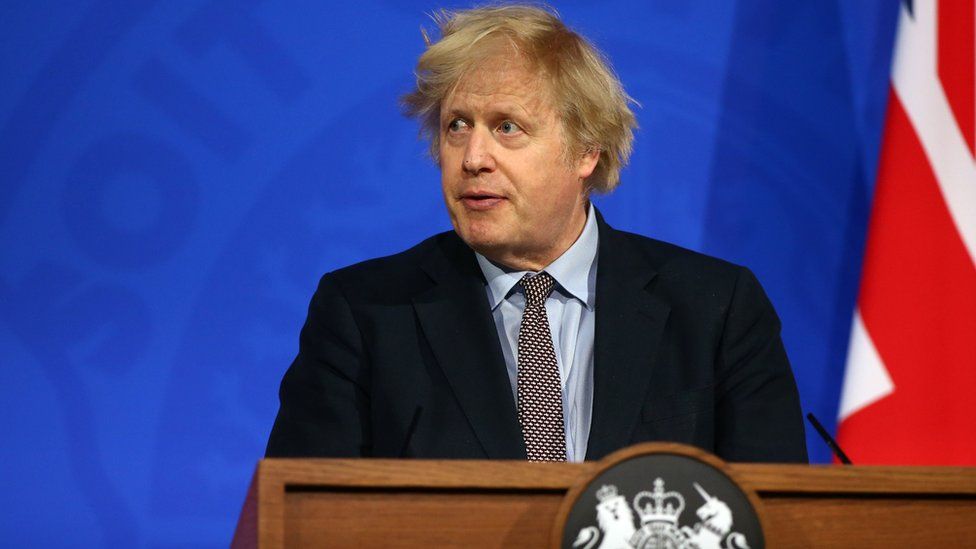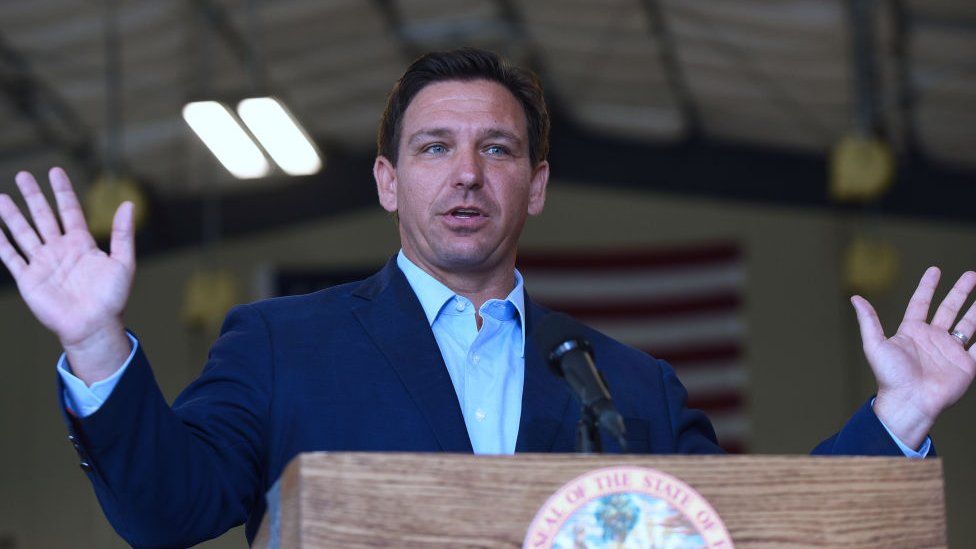How the rising cost of living crisis is impacting Nepal

By Anbarasan Ethirajan, April 14: "We are struggling to manage our expenses, as [the] cost of essentials is going up," says Pampha Khatri, a vegetable seller in Kathmandu, Nepal.
It is a familiar story in many parts of the world at the moment - ordinary people struggling to cope with the soaring cost of living.
Every day, Khatri, a 37-year-old mother-of-two, lugs around a heavy basket of greens, selling them to her customers. Her load can easily weigh over 30kg.
She lives in the Bhaktapur district nearby Kathmandu with her family. Her day starts at 03:00 when she goes out to buy salad greens and vegetables from nearby village farms, bringing them by public transport into the city to sell.
Khatri earns about $20 (£15.30) a day.
"My husband doesn't work. So, my family depends on my earnings and I have to pay for the school expenses of my two sons as well.
"Prices of basic items and transport are going up and life is increasingly getting tough," Khatri says.
Nepal, with a population of around 29 million, is a nation landlocked between India and China. It relies heavily on its southern neighbour India for imports of almost all of its essential supplies, including fuel.
And what's really worrying Nepalis, like Khatri, is how fast food prices have risen over the past two years, with no end in sight.
For example, the price of a litre of sunflower oil, used for cooking, has gone up from $1.32 (£1.00) per litre before the pandemic to $2.39 (£1.83).
Consumer organisations say prices for some basic food items have risen by at least 20% in the country.
Relying on supplies from abroad
The Himalayan nation's foreign exchange reserves dropped more than 16% to $9.59 billion (£7.36 billion) in the seven months to the middle of February because of the surging cost of imports - the supplies it ships in from other countries.
The government must hang on to enough dollar reserves at the bank to import essential commodities, like food and fuel. In response, the government has just taken a radical step - to restrict imports of non-essential goods, including cars, cosmetics and gold.
Nepal is not alone, countries across the region, such as India and Pakistan, are also struggling with soaring inflation. And the war in Ukraine has recently added further pressure, pushing oil prices higher. Nepal's state-run oil corporation has already increased its fuel prices four times since the beginning of the year, to offset its losses.
However, in the vegetable and general markets of Kathmandu business remains brisk. Traders are still selling their vegetables, meat and fish and other food items.
Although many shop owners complain that customers are now buying in more limited quantities and also bargaining very hard to reduce prices.
One shop owner adds that increasing fuel prices mean they are being asked to pay more for the trucks and vans transporting vegetables and other goods.
With hundreds of new vehicles being added to the country's roads every year the government is trying to reduce the increasing demand for fuel.
"We are now considering declaring a two-day weekend, instead of a Saturday-only weekend, as part of its measures to reduce the consumption of petroleum products," Gyanendra Bahadur Karki, the communication and information technology minister, tells BBC News.
The Nepali authorities may also introduce restrictions on private vehicles in cities - only allowing even and odd number plates access on alternate days, to reduce vehicles and save fuel.
But Subarna Prabha Guragain from the Consumer Rights Forum, warns that the less wealthy, the families of daily wage earners, like Ms Khatri, are suffering the most and tightening their belts to scrape together enough to pay for food.
"The food price increase is unprecedented. The situation is worse than the 2015 earthquake that devastated Nepal. There's a lot of dissatisfaction among people," Guragain says.
Nepal's biggest revenue earner is remittances - money sent home by around 3.5 million Nepalis working abroad, mostly working in the Middle East, Southeast Asia and India.
Nepalis sent home around $8 billion (£6.14 billion) in 2020, more than a quarter of the country's gross domestic product (GDP).
Remittances are key to supporting families in rural Nepal, and this money helped some of them survive during the pandemic and political instability, says Dr Posh Raj Pandey, a Nepalese economist.
"Due to the pandemic-induced lockdowns, people lost their jobs and prices of essential commodities also went up. As a result, official figures show around 1.2 million people, additional people, fell below the poverty line," he explains.
Dissatisfaction over rising food prices is not good news for the sitting government - the Nepal Congress-led governing coalition. Local elections are due soon and parliamentary polls are expected later this year.
Nepali government officials say they are paying close attention to what's happening in Sri Lanka where the government is struggling to pay for its imports due to its dwindling foreign exchange reserves.
With prices rising, and incomes stagnant, many in Nepal find themselves in a precarious situation. Sole breadwinners, like Khatri, say they now have no option but to find more work to support their families.
Recent News

Do not make expressions casting dout on election: EC
14 Apr, 2022
CM Bhatta says may New Year 2079 BS inspire positive thinking
14 Apr, 2022
Three new cases, 44 recoveries in 24 hours
14 Apr, 2022
689 climbers of 84 teams so far acquire permits for climbing various peaks this spring season
14 Apr, 2022
How the rising cost of living crisis is impacting Nepal
14 Apr, 2022
US military confirms an interstellar meteor collided with Earth
14 Apr, 2022
Valneva Covid vaccine approved for use in UK
14 Apr, 2022
Chair Prachanda highlights need of unity among Maoist, Communist forces
14 Apr, 2022
Ranbir Kapoor and Alia Bhatt: Bollywood toasts star couple on wedding
14 Apr, 2022
President Bhandari confers decorations (Photo Feature)
14 Apr, 2022








